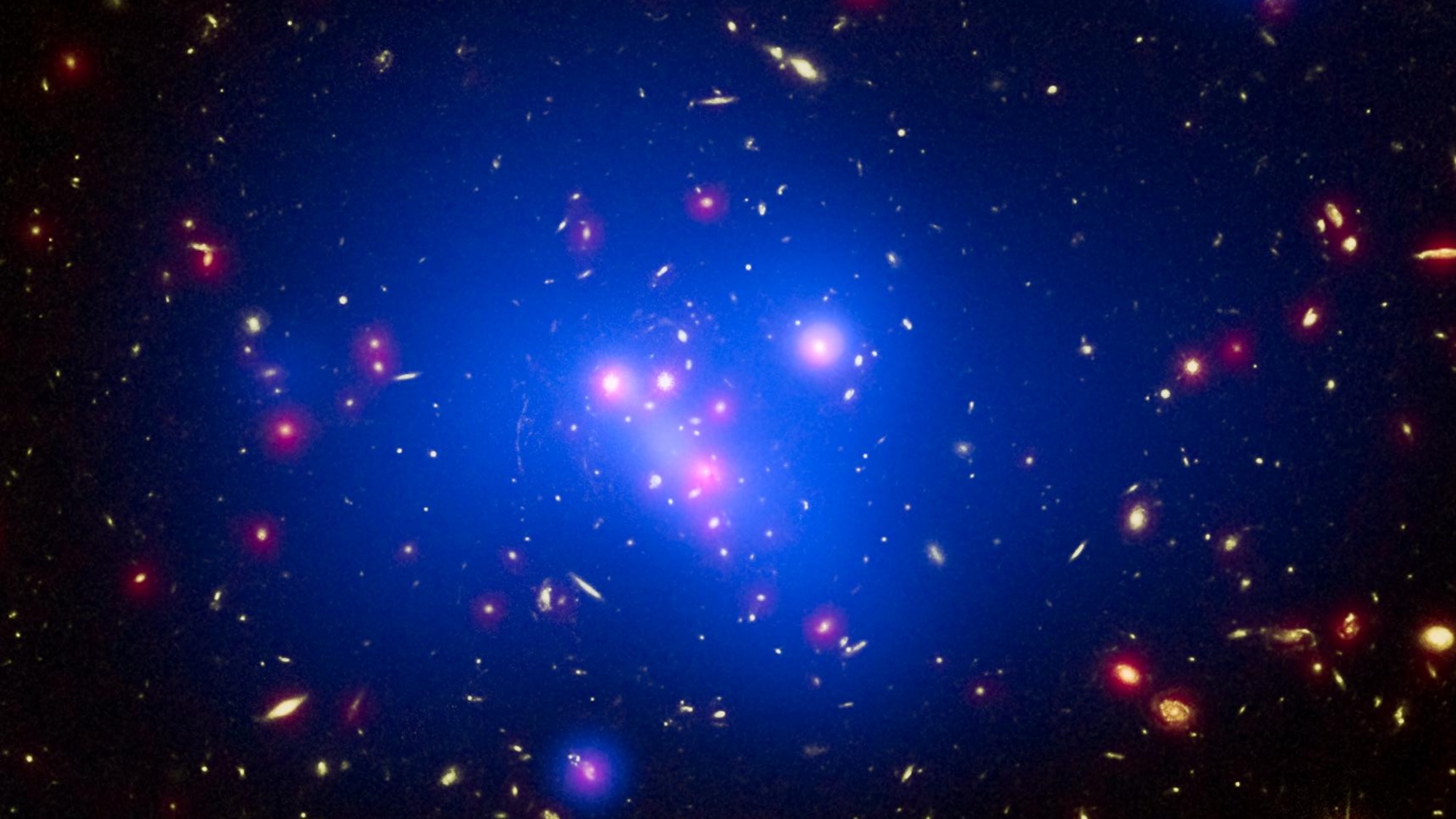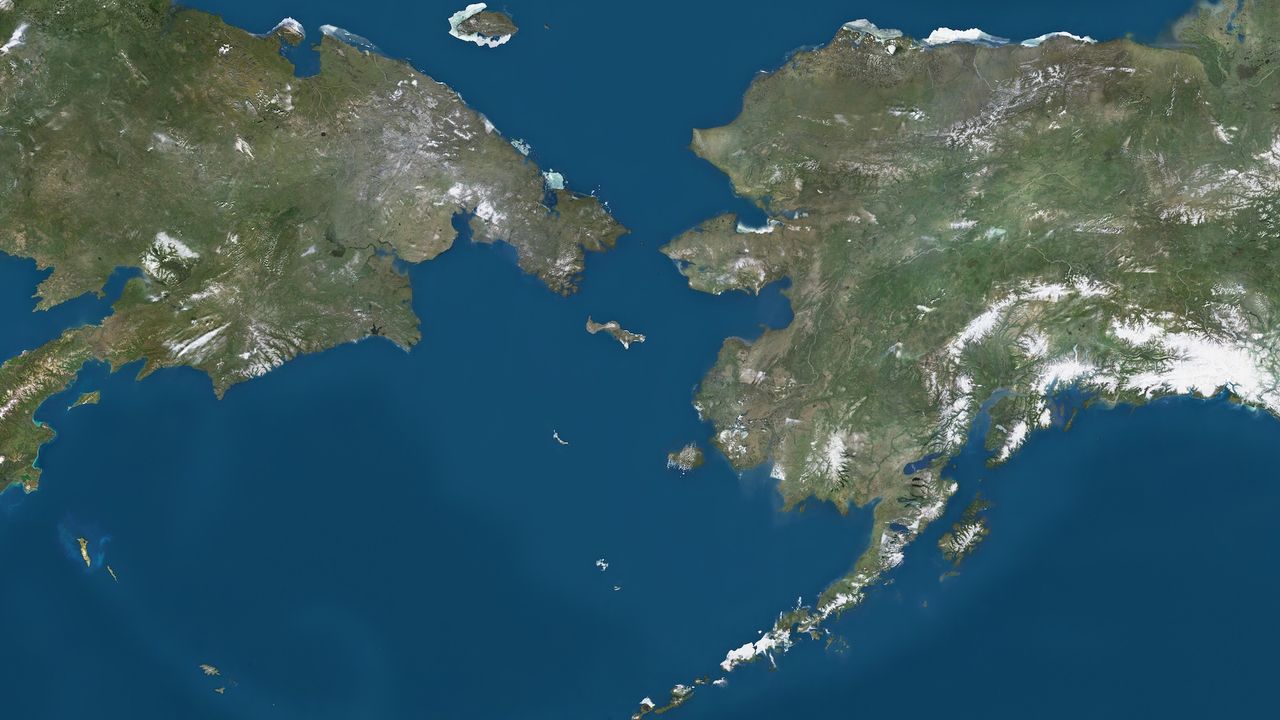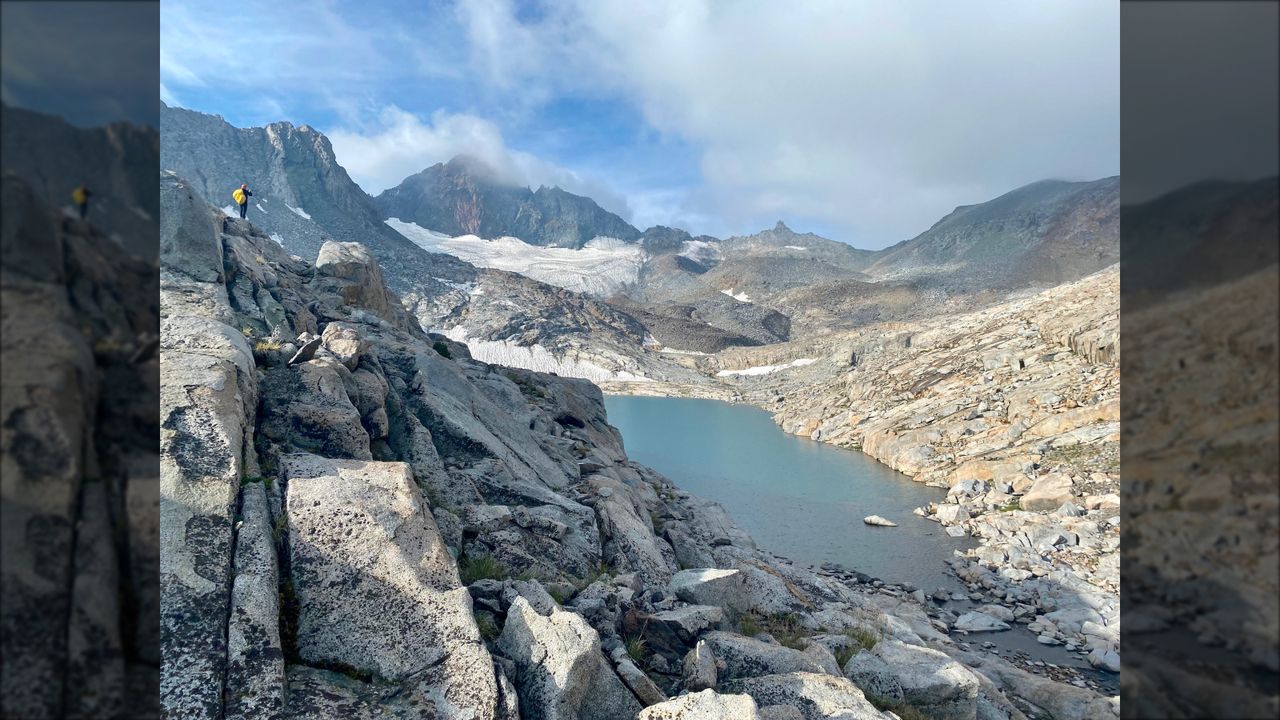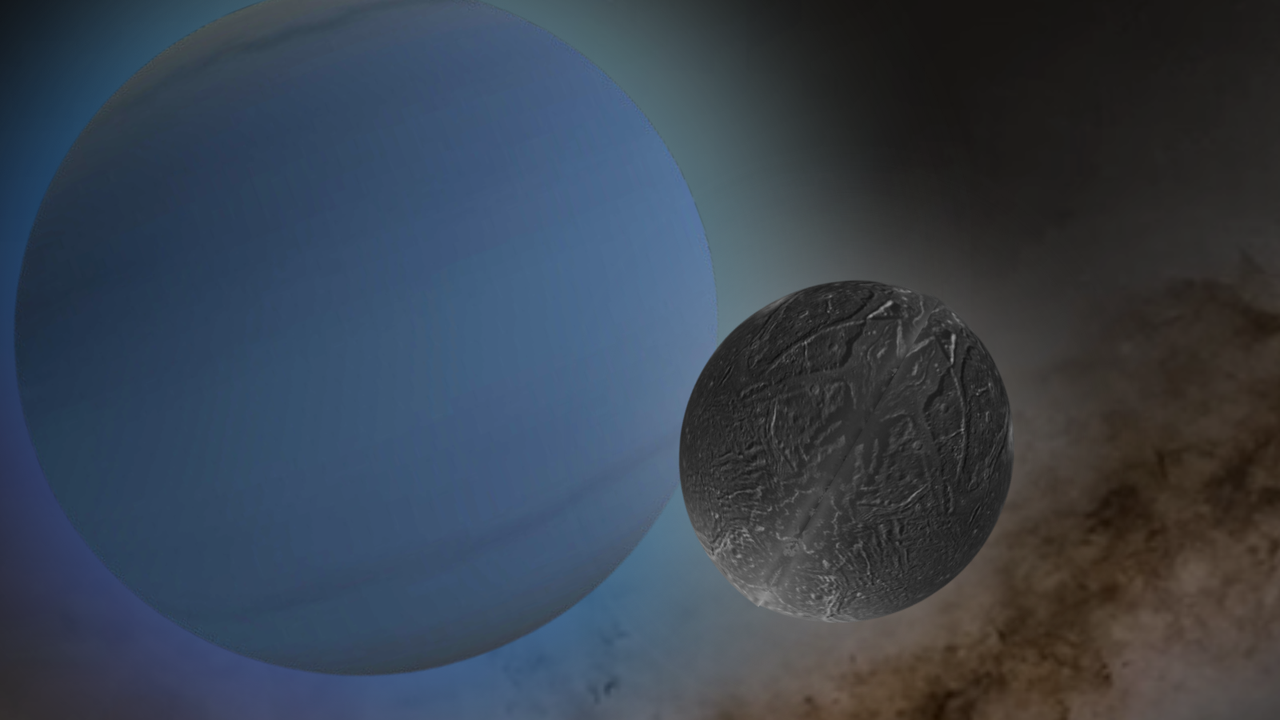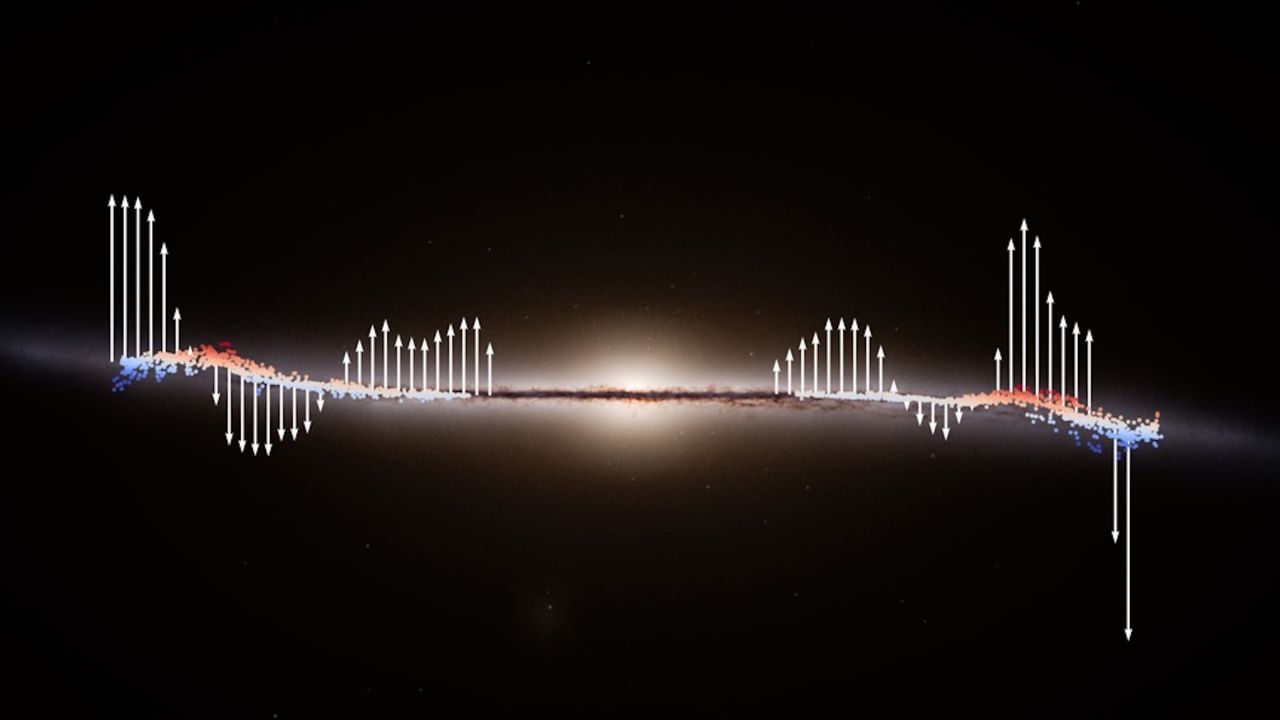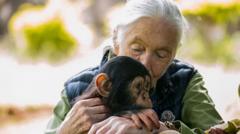The Life, Loss and Lore of the Sea Mink
NeutralScience
/https://tf-cmsv2-smithsonianmag-media.s3.amazonaws.com/filer_public/35/7b/357b6d39-53d1-406a-93ce-a8a5229216b6/mink_201519589_web.jpg)
The sea mink, potentially one of the first mammals to go extinct in North America post-colonization, raises intriguing questions for scientists. As researchers delve into its history, they seek to determine whether it was indeed a distinct species. This exploration is significant not only for understanding the impact of human activity on wildlife but also for shedding light on the broader implications of extinction in our ecosystems.
— Curated by the World Pulse Now AI Editorial System

